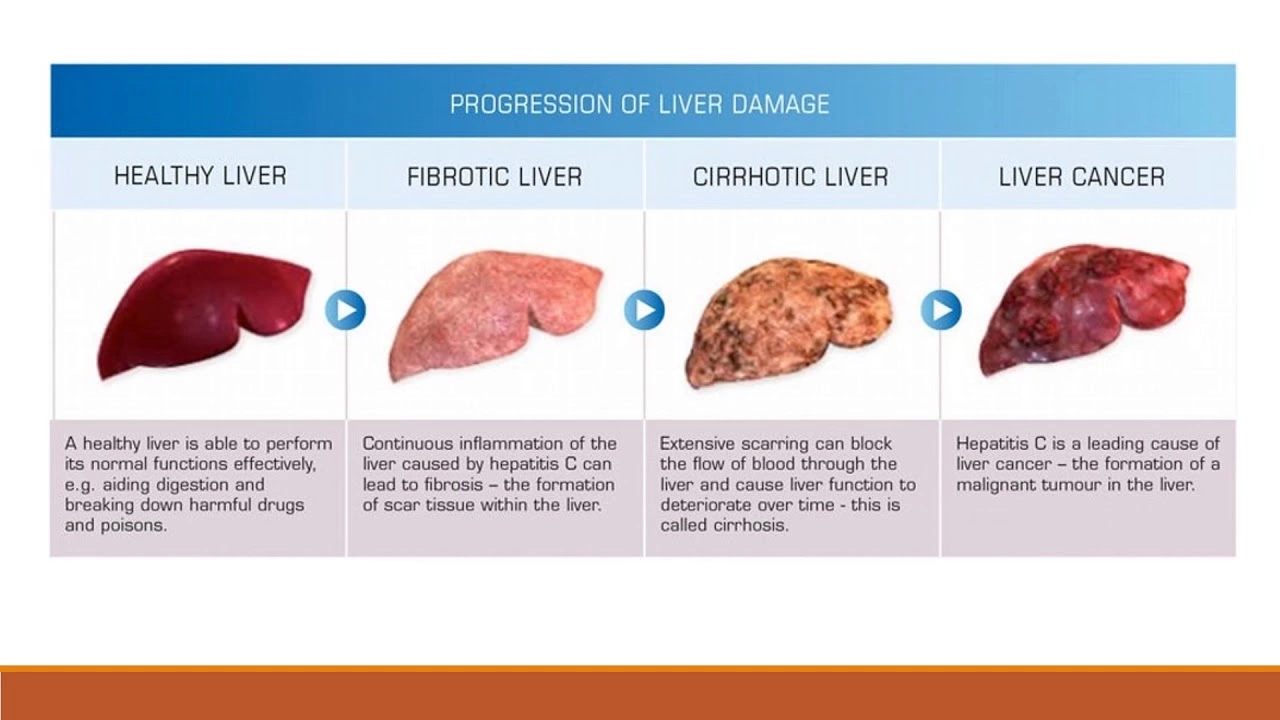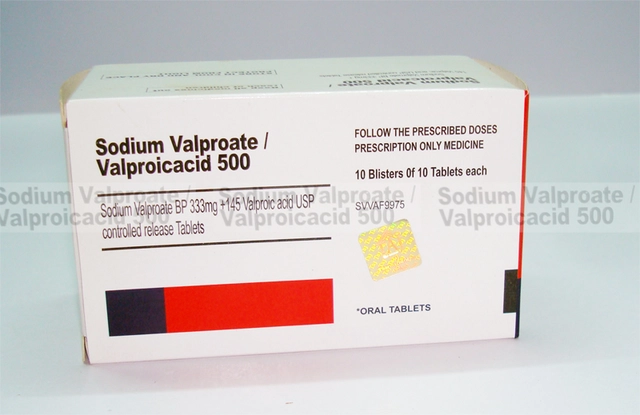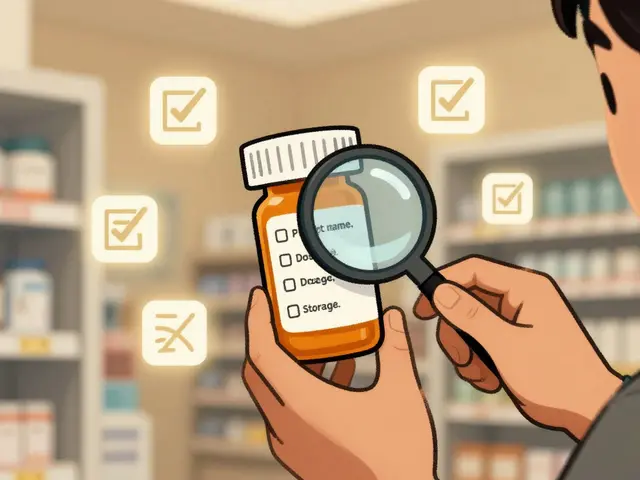Need to Know: Practical Medication Facts and Smart Choices
This tag collects short, useful guides you can actually use: how to buy meds online safely, how common drugs work, real alternatives, and quick safety checks before you take or order anything. If a headline makes you pause—"Is this safe?"—you'll find a clear answer here without the fluff.
Buy smart, not risky
Ordering medication online can save time and money, but not all sites are trustworthy. Look for pharmacy verification like NABP, CIPA, or clear contact details and a licensed pharmacist. If a site sells prescription drugs without asking for a prescription, walk away. Read recent user reviews, check shipping policies, and compare prices with trusted discount tools like GoodRx or BuzzRx so you don’t overpay.
When you get a new med, match the pill and label to your prescription immediately. Keep the pharmacy receipt and pill photos for five days in case something is wrong. If shipping seems off—wrong drug, different dose, damaged packaging—stop using the medication and contact the seller and your local pharmacist.
Understand a drug quickly
Want a fast way to judge a drug? Ask three questions: what is it used for, what are the common side effects, and what major dangers should I watch for? For example, NSAIDs like diclofenac help inflammation but raise stomach and heart risks; proton pump inhibitors like omeprazole ease reflux but can affect magnesium and bone health long-term. Simple facts like these tell you when to ask your doctor for an alternate option.
Alternatives matter. If Ventolin (albuterol) isn’t working, there are inhaler and biologic options with different strengths and side-effect profiles. For anticoagulants like rivaroxaban, newer and older options exist—your age, kidney function, and drug interactions shape the right choice. Articles under this tag compare real pros and cons so you can talk to your provider armed with specifics.
Side effects and interactions are not trivia. Keep a current medication list (prescriptions, OTCs, supplements) on your phone and share it at every appointment. That one step catches dangerous combinations and avoids repeated tests or doses. If a med causes new mood changes, dizziness, or unexplained bleeding, call your prescriber quickly; don’t wait until the next refill.
Practical storage and adherence tips: store meds away from heat and humidity, use weekly pill boxes or phone reminders, and refill 7–10 days early if you rely on critical drugs. For travel, pack prescriptions in original bottles plus a printed note from your doctor for customs if needed.
The posts tagged “need to know” are short, specific, and meant to give you action: compare prices, verify pharmacies, watch key side effects, and know alternatives. Read one quick guide, then make one small change—ask your pharmacist about interactions, or double-check that online seller. Small steps lower risk and save money.

As a blogger, I've recently delved into the topic of Ofloxacin and its impact on liver function. Through my research, I've found that Ofloxacin, a commonly prescribed antibiotic, can sometimes cause liver damage, especially in patients with pre-existing liver conditions. It's essential for individuals to consult their healthcare providers before taking this medication to ensure their safety. Regular monitoring of liver function tests is also crucial to detect any potential issues early on. Overall, it's vital for everyone to be aware of this potential side effect and take necessary precautions when using Ofloxacin.
Continue Reading





